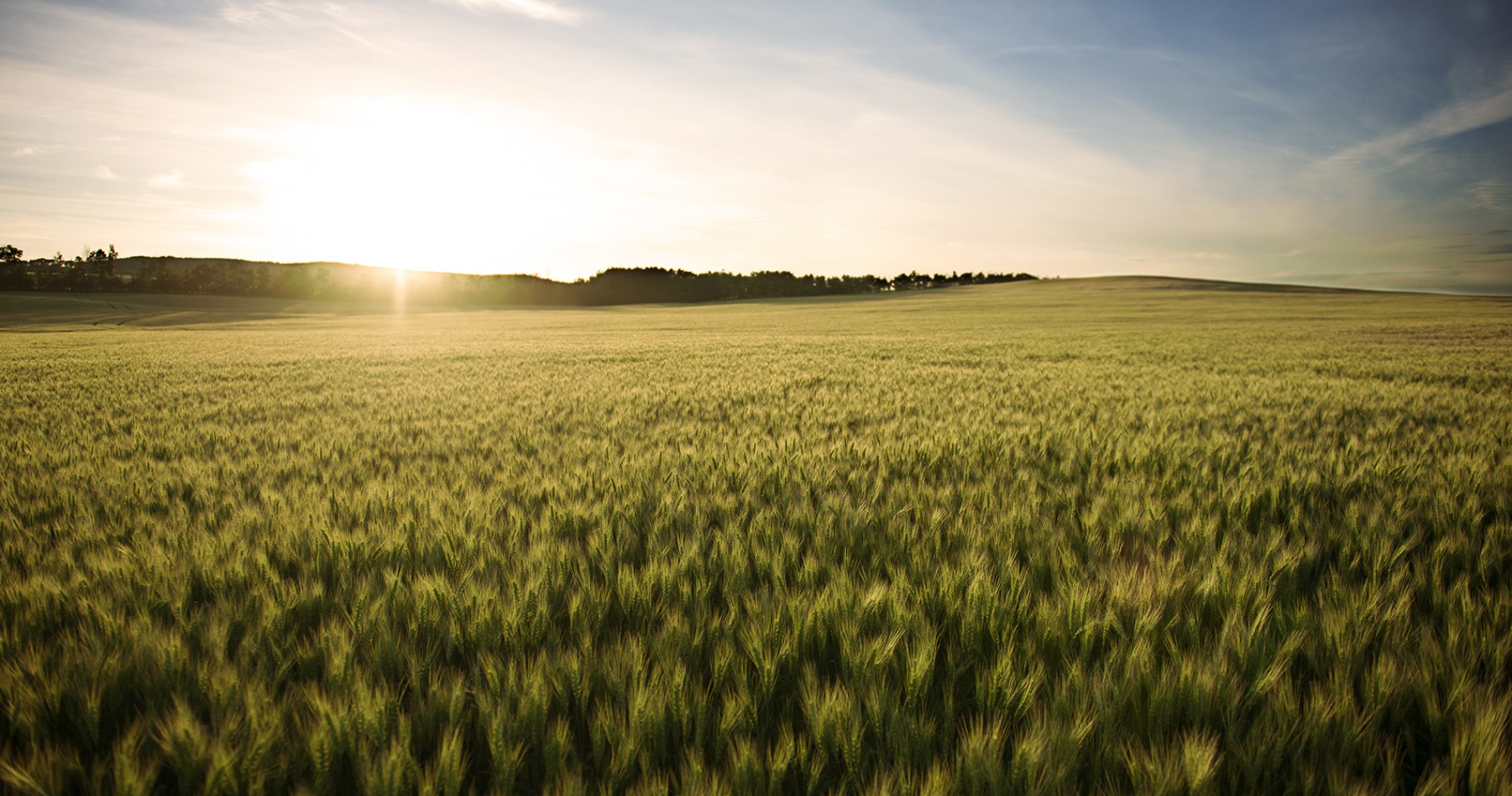A tale of two Jaculas

Clint Jacula
Region 4 director,
Alberta Barley

Shawn Jacula
Region 4 director
and second vice-chair,
Alberta Wheat
Commission
Get to know two of the Alberta Wheat and Barley Commissions’ passionate directors
The shared last name of Clint Jacula, Alberta Barley director, and Shawn Jacula, Alberta Wheat Commission director and second vice-chair, is more than coincidental. Both Region 4 directors are second cousins whose great grandfather immigrated from Ukraine in 1908 and sewed the seed for a multi-generational love of agriculture. Although they have no affiliation in operations, the two directors bring a wealth of experience to the commissions’ leadership, ranging from on-farm to the office and backcountry. Get to know both directors through the Q&A below!
Where and what do you farm?
Clint Jacula: We farm a mixed operation near Derwent in east central Alberta. We raise commercial beef cattle and grow wheat, canola, barley, peas and oats.
Shawn Jacula: We farm wheat, barley, canola, and peas northwest of Vermilion, Alberta.
Why did you become involved with the commissions?
CJ: I became involved with the commissions to network and gain insight into what goes on behind the scenes of the industry. I also wanted to share my input and work through solutions to the problems agricultural producers are facing. By advocating with Alberta Barley and working alongside partner organizations and commodity groups in the industry, farmers are impacting the future of agriculture.
SJ: Having been involved in other industry boards in the past, it felt like a good time to give my strengths and input into the agricultural industry through the Alberta Wheat Commission. Getting involved in advancing Alberta’s wheat industry alongside great fellow-board members and passionate commission staff has made it extremely enjoyable and rewarding.
What do you want Canada’s urban population to know about farming?
CJ: A farmer’s life revolves around the farm. There is a time and urgency to all aspects of farming, animals require feeding and continuous care, and crops involve planting, nurturing and harvesting. Commodities also have to be stored, conditioned and marketed to be profitable.
SJ: Farming is big business. It has changed dramatically with huge risk put on operations each year to produce such a vital and relied on product. Secondly, farming is not simple. The precise planning required, knowledge or ability to seek knowledge, and technological know-how are crucial to farm operations.
What would readers be most surprised to learn about you?
CJ: I am an active member of the community. I volunteer with our local fire department and am involved in 4-H, the curling and local snowmobile clubs. Provincially, besides my involvement as a director with Alberta Barley, I am also a director for the Alberta Snowmobile Association. I also love camping, fishing, hunting and snowmobiling. I do all of these activities with my family. We work and play hard together.
SJ: I am heavily involved in the real estate market and own a brokerage in our community. In 2010, I was the youngest-ever individual to open a RE/MAX office. Before real estate and farming, I was a pilot by-trade. Now I solely enjoy it recreationally. There is nothing better than an early morning or a sunset cruise around the countryside to look at real estate and watch the crops take shape.
What are your thoughts on the future of Alberta’s wheat and barley industries?
CJ: The barley and wheat industries have very optimistic futures. Today’s agriculture industry uses the latest technology and research to produce high-quality food while caring for the land.
SJ: There are so many variables and challenges facing the wheat industry, but at the end of the day, through the work of those involved in the industry, we have great varieties that allow us to produce high-quality products for the market. Producers need to stay strategically engaged with the government and industry to ensure we can continue to be productive and profitable while caring for our land.
Is there anything else you would like to share with our readers?
CJ: It’s hard to step into farming because it is a way of life. At the same time, there are many opportunities for people from all walks of life to bring valuable perspectives and insight to the future of agriculture.
SJ: As we prepare for the busy cropping season, please take the time for you, your family, and your extra hands around the farm to discuss farm safety. AgSafe Alberta has many resources accessible on their website agsafeab.ca to help ensure everyone comes home safely. Their free FARMERS CARE course is a great place to start!

